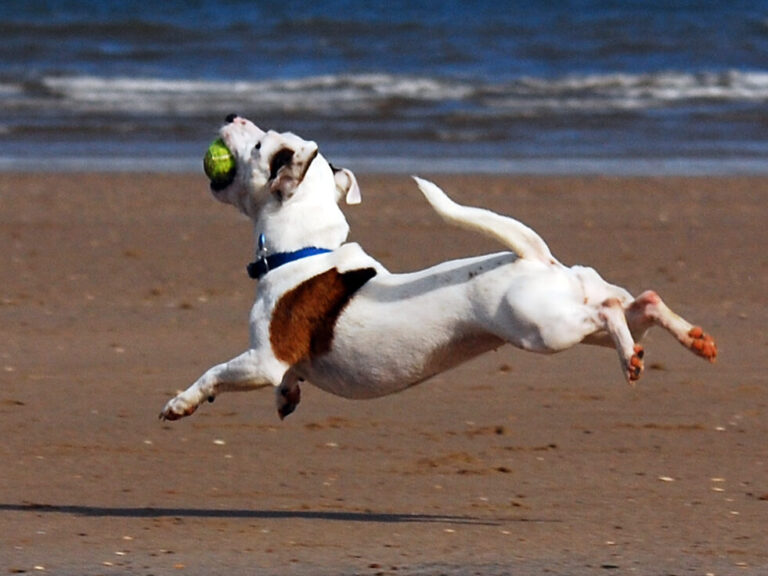10 Easy Behavior Tips For German Shepherds That Actually Work

Some dogs nap through the day. German Shepherds prefer action. Their energy, once set in motion, doesn’t pause easily. That makes routine a lifeline—without it, they start creating their own. And that rarely ends well. The ideas ahead focus on channeling that drive into behaviors that fit real homes, not just training fields.
Teach A Job To Reduce Restlessness

Start by understanding your German Shepherd’s working instincts. Without tasks, boredom fuels chewing and digging. Try giving them fun jobs—maybe some nose work or obstacle courses. When they’ve got something to focus on, they won’t turn your shoes into chew toys.
Train Independence To Ease Separation Anxiety
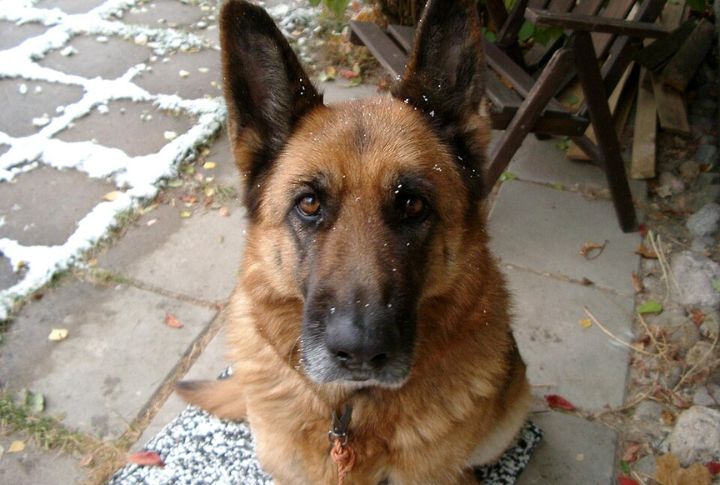
With patience and the right technique, your German Shepherd can learn to handle alone time successfully. Drop a puzzle toy before leaving. Short sessions build confidence fast. Eventually, the furniture stays safe, and your dog handles your absence like a pro.
Curb Excessive Barking With A Clear And Consistent Cue
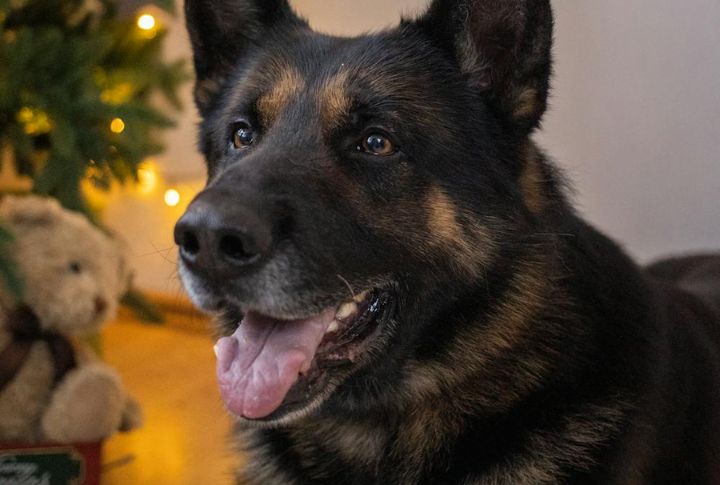
German Shepherds are wired for alertness, but excessive barking needs boundaries. Wait for a brief silence, then reward. Use simple commands to shift attention away from triggers. After steady practice, they figure out that silence feels better than constant noise.
Provide Heavy-Duty Chew Toys To Prevent Destructive Biting
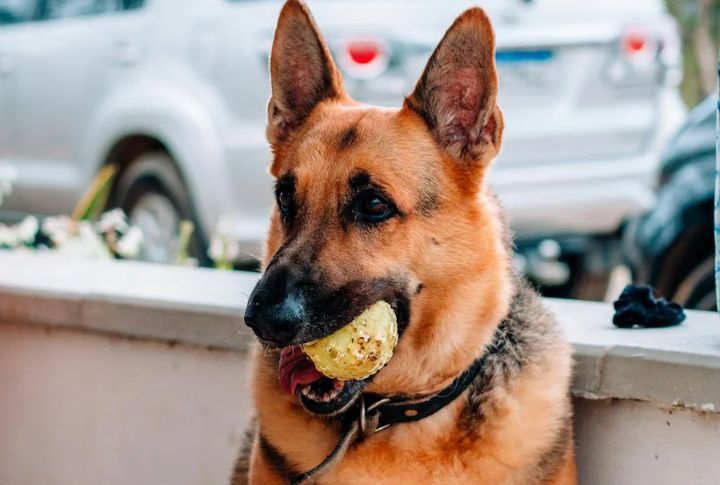
Durable chew toys such as KONGs and nylon bones give dogs a safe outlet for their urge to gnaw. Switching them out regularly keeps things fresh. These tough toys redirect focus and help reduce boredom, especially during long hours indoors or alone.
Reward Calm Greetings To Stop Jumping On People
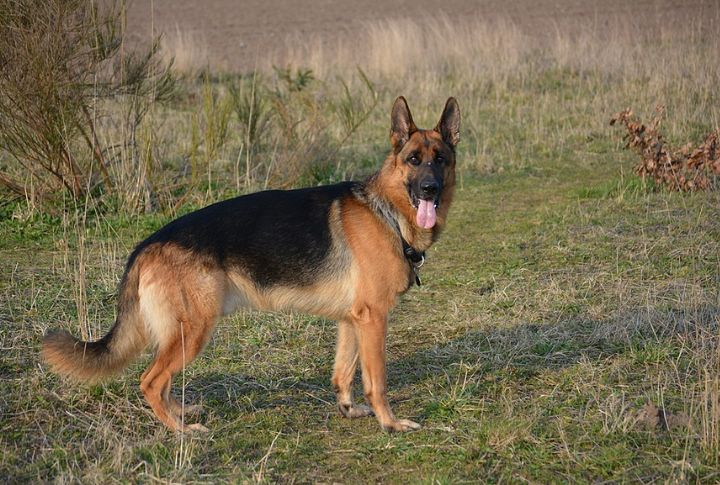
Their enthusiasm often results in full-body leaps onto guests. Ignore jumping and only offer attention when they’re sitting calmly. Reinforce good greetings with treats or affection. Over time, they’ll learn that keeping four paws on the ground is what earns them the love they crave.
Reinforce Loose-Leash Walking To Stop Pulling
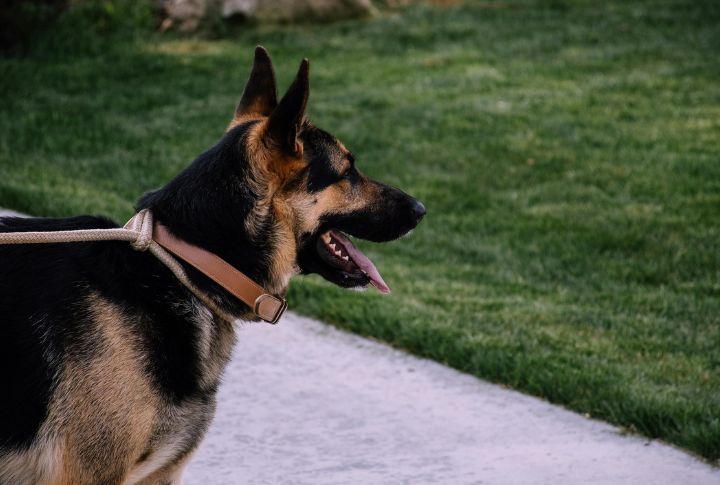
The moment your German Shepherd feels leash tension, their instinct tells them to pull harder. A front-clip harness interrupts this reflex by redirecting their momentum sideways. Also, keep treats handy to reward slack in the leash, and be prepared to pause whenever they forge ahead.
Build Confidence To Reduce Fear-Based Aggression
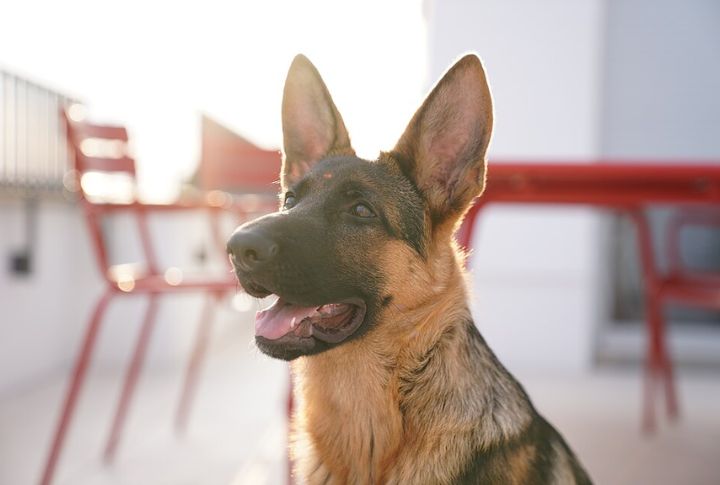
Watch for subtle signs of discomfort in your Shepherd and intervene by redirecting their attention to simple commands they know well, then reward compliance. Starting with low-stress situations and slowly adding new experiences allows your dog to gain trust, and as these small wins build up, fear gives way to confidence.
Use Clear Boundaries To Reduce Confusion Indoors

German Shepherds thrive on structure, and mixed signals can lead to unwanted behavior. Designate off-limits areas using visual cues or baby gates, and stay consistent. Predictable routines and clearly marked spaces teach your dog where to rest, play, and wait.
Replace Digging With Energy-Draining Activities
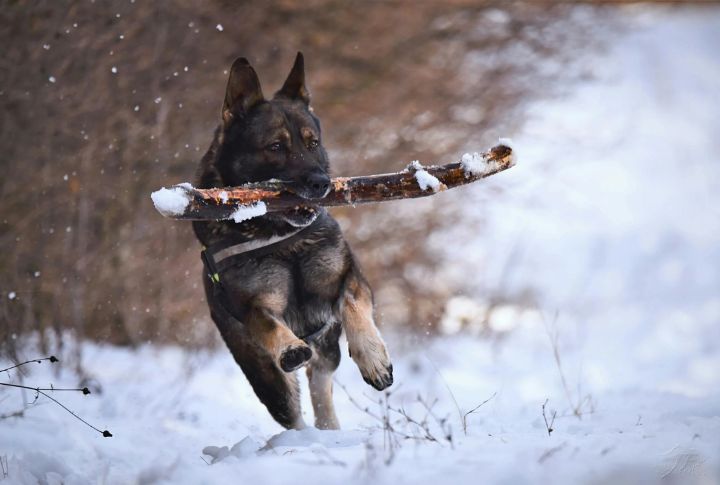
Digging is instinctual, but excessive digging means excess energy. Increase physical exercises like long walks, fetch, or obedience drills. Plus, offer a designated digging area, like a sandpit, where they can scratch that itch. A tired German Shepherd is a well-behaved one, and that’s the ultimate goal.
Structure Playtime To Improve Socialization With Other Pets
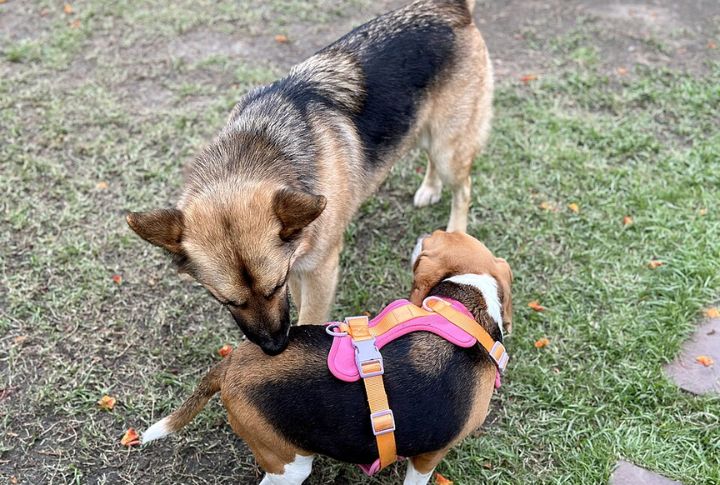
Not every pet clicks right away, especially when a confident Shepherd enters the mix. Short, carefully supervised play sessions let everyone feel safe. Games with rules, like tug-of-war, help your dog learn respectful play. Slowly, trust builds, and different personalities learn to share space peacefully.


